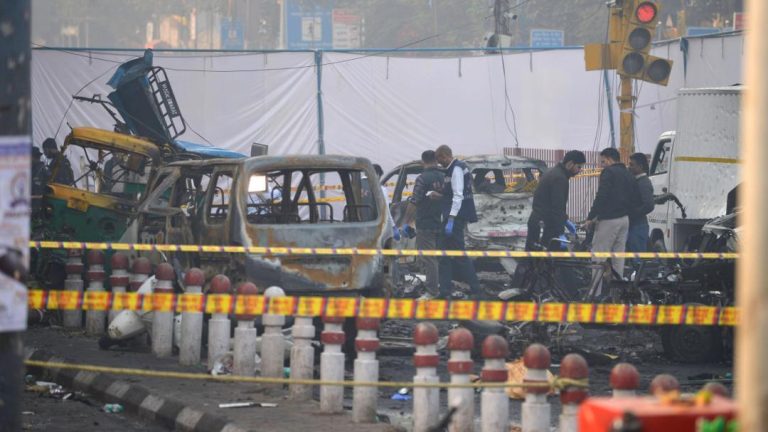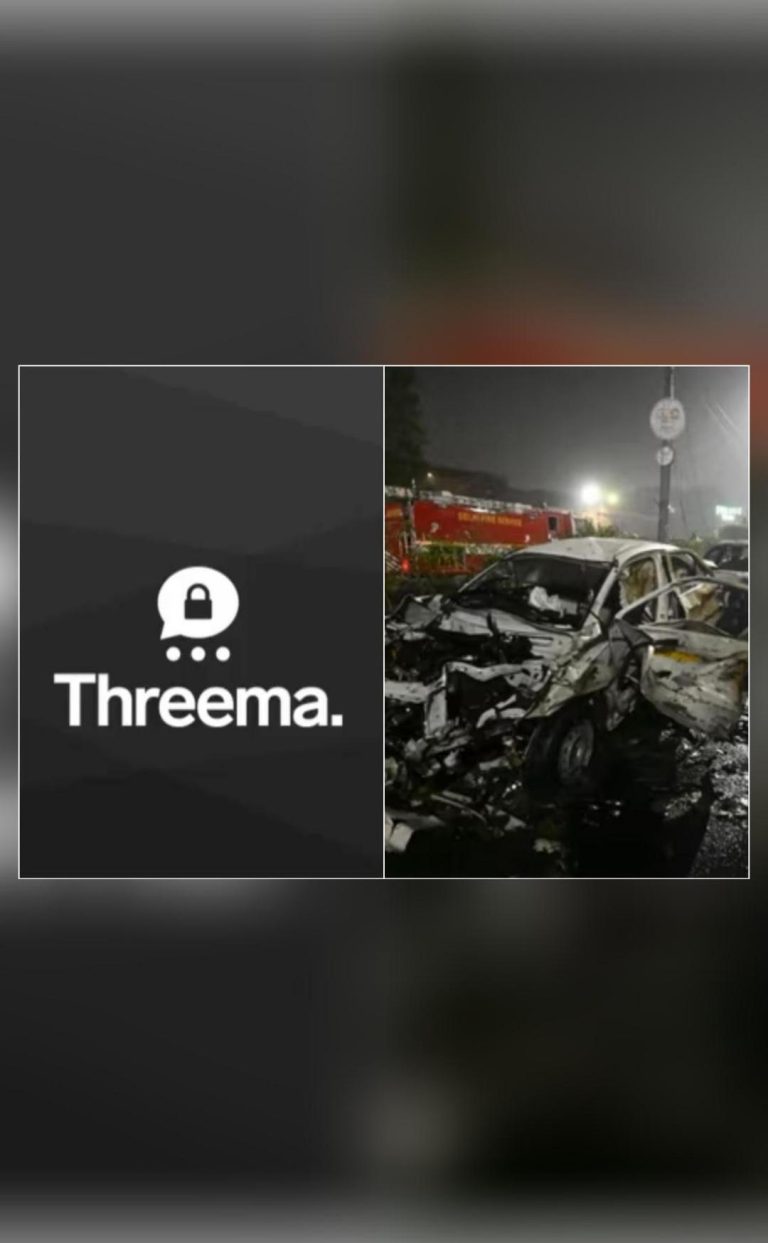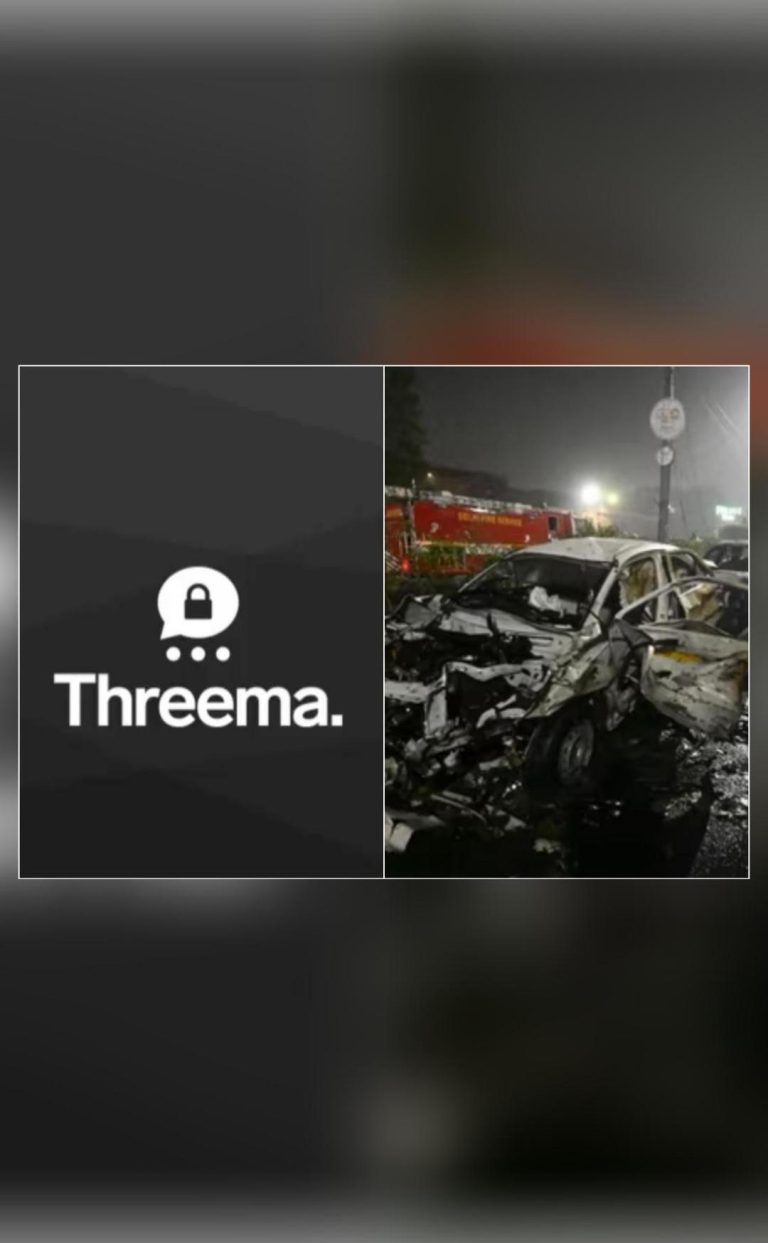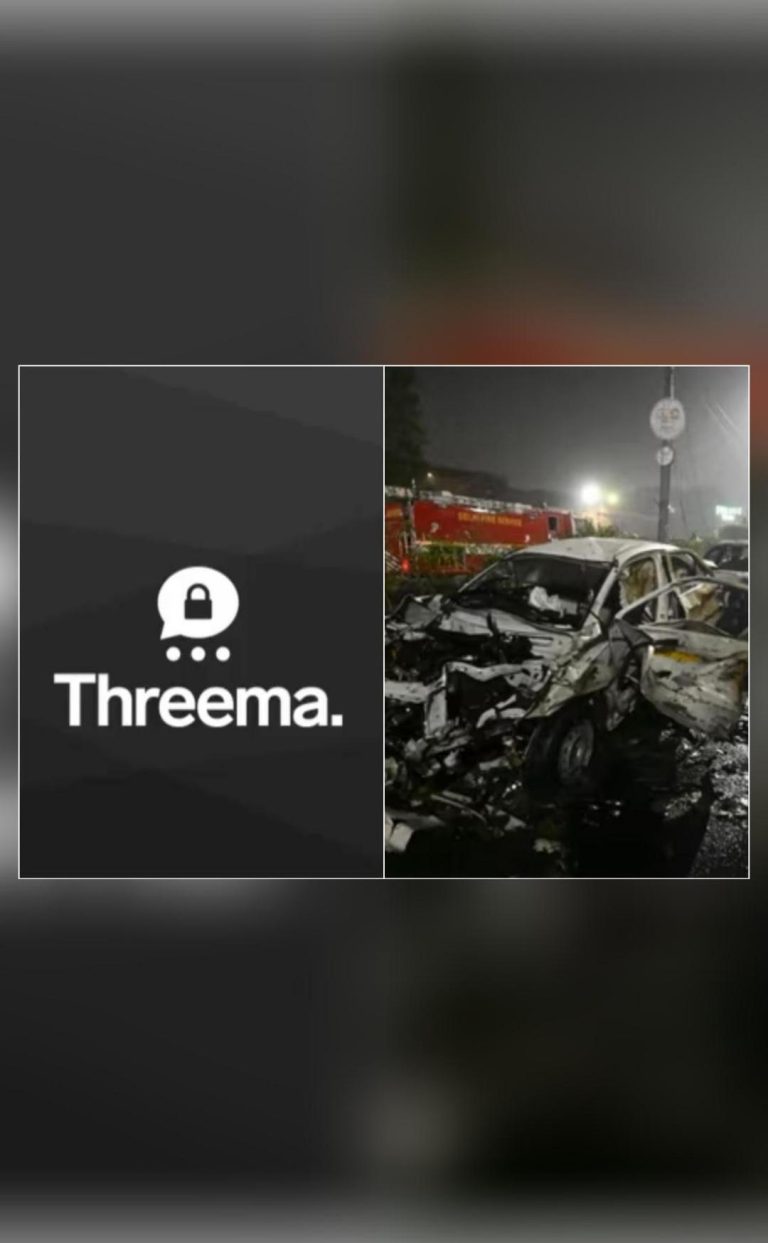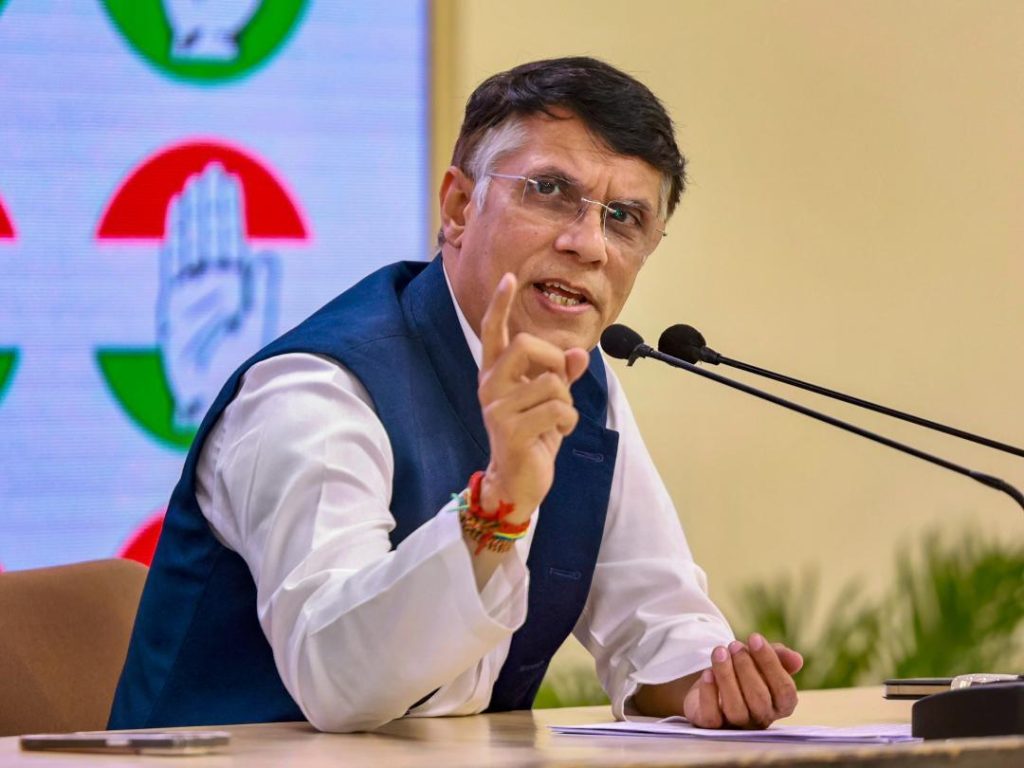
Israel shares map showing J&K in Pakistan, apologises later
In a recent incident that has sparked controversy, the Israel Defense Forces (IDF) shared a map on their official Twitter handle showing Jammu and Kashmir (J&K) as a part of Pakistan. The map was shared as part of a tweet highlighting the Israel-Palestine conflict. However, the inclusion of J&K in Pakistan sparked outrage and criticisms from various quarters, including the Indian government and opposition parties.
The tweet in question was shared by the IDF on June 5, 2022, and it showed a map of the Middle East with Israel, Palestine, and parts of Syria and Lebanon. However, what caught attention was the inclusion of Jammu and Kashmir, which is a union territory of India, as a part of Pakistan. The map was shared as part of a tweet highlighting the importance of the 1967 Six-Day War, which led to Israel’s occupation of the West Bank and East Jerusalem.
The tweet was quickly picked up by various news outlets and social media users, who were shocked to see J&K being shown as a part of Pakistan. The Indian government and opposition parties were quick to condemn the move, calling it an act of disrespect to India’s sovereignty and territorial integrity.
Congress leader Pawan Khera was among the first to react to the tweet, saying, “Another day, another feather in Vishwaguru’s cap. His ‘friend’ shows J&K as a part of Pakistan.” Khera’s tweet was in reference to the close ties between Israel and India, with Israeli Prime Minister Naftali Bennett being one of the first foreign leaders to congratulate Prime Minister Narendra Modi after his re-election in 2019.
The Israeli government was quick to issue an apology, saying that the map was an illustration and did not depict precise borders. The IDF also deleted the tweet and issued a statement saying that it was an error and that Israel respects India’s sovereignty and territorial integrity.
However, the controversy surrounding the tweet has raised questions about the nature of Israel’s ties with India and its understanding of India’s territorial claims. India and Pakistan have a long-standing dispute over J&K, with both countries claiming sovereignty over the region. The Kashmir dispute has been a major point of contention between the two countries, with both sides accusing each other of human rights abuses and terrorism.
The controversy has also highlighted the complex and nuanced nature of Israel’s relations with India. While India and Israel have been growing closer in recent years, there are still significant differences between the two countries on various issues, including the Kashmir dispute.
In recent years, India and Israel have been strengthening their ties, with Prime Minister Modi and Israeli Prime Minister Bennett signing several agreements aimed at strengthening cooperation in areas such as defense, trade, and technology. India has also been increasing its defense ties with Israel, with the two countries signing several agreements aimed at strengthening cooperation in areas such as missile defense and cybersecurity.
However, despite the growing ties between the two countries, there are still significant differences between India and Israel on various issues, including the Kashmir dispute. India has been critical of Israel’s occupation of the West Bank and East Jerusalem, while Israel has been critical of India’s treatment of its Muslim minority.
The controversy surrounding the tweet has also raised questions about the role of social media in shaping public opinion and international relations. The tweet was quickly picked up by various news outlets and social media users, who were shocked to see J&K being shown as a part of Pakistan. However, the controversy has also highlighted the potential for misinformation and disinformation on social media, with some users spreading false information about the tweet and the nature of Israel’s ties with India.
In conclusion, the controversy surrounding the IDF’s tweet showing J&K as a part of Pakistan has raised significant questions about the nature of Israel’s ties with India and its understanding of India’s territorial claims. While the Israeli government has apologized for the error, the controversy has highlighted the complex and nuanced nature of Israel’s relations with India and the potential for misinformation and disinformation on social media.
Source:

